Fernando Lopes-Graça: Complete Music for String Quartet and Piano, Volume One
As a committed socialist, the Portuguese composer Fernando Lopes-Graça (1906-94) faced repression from Salazar's right-wing dictatorship: his works were banned and he was stripped of his official positions. Lopes-Graça responded in music, evolving a feisty, wiry Bartókian style that drew on Portuguese folk-music. This recording features Lopes-Graça's own Bechstein piano, played by Olga Prats, who worked closely with him.
Olga Prats, piano
Quarteto Lopes-Graça, string quartet
Listen To This Recording:
- Canto de Amor e de Morte for piano quintet (1961)
- I Allegro moderato
- II Larghetto
- III Scherzo-Fantasia
- IV Giocoso
- V Epilogo – Adagio
- I Melancolico
- II Danzante
- III Scherzoso
- IV In modo di Ninna Nanna
- V Gaio
String Quartet No. 1 (1964)
Suite Rústica No. 2 for string quartet (1965)
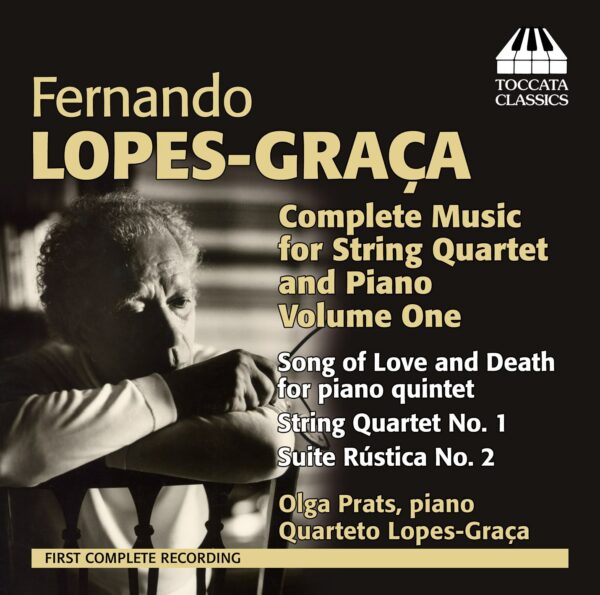
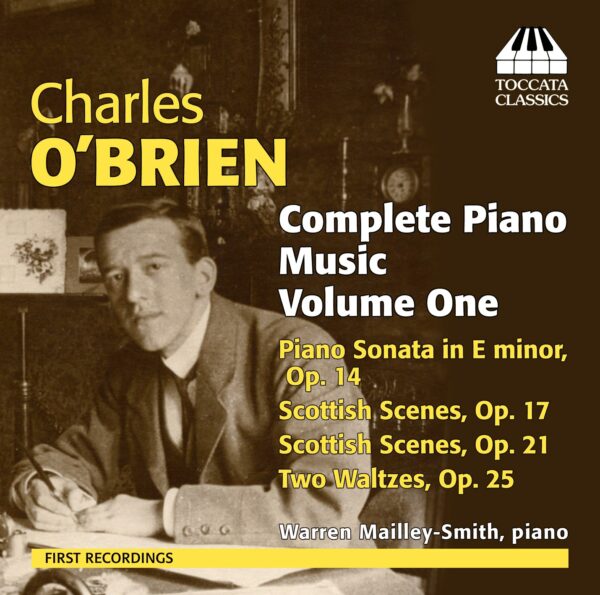
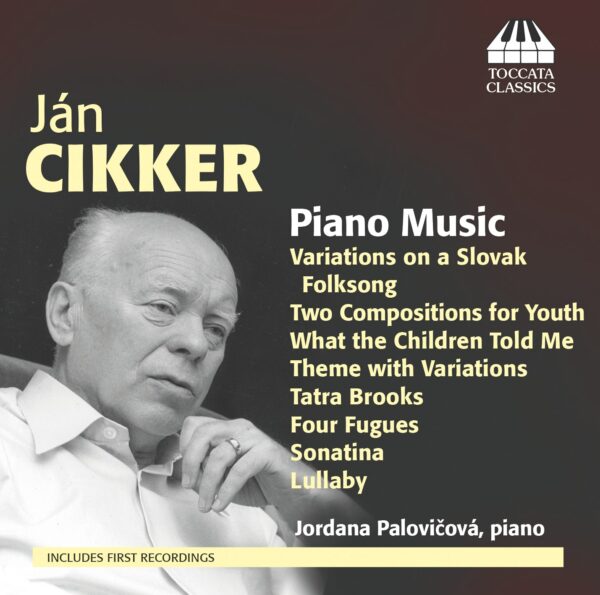
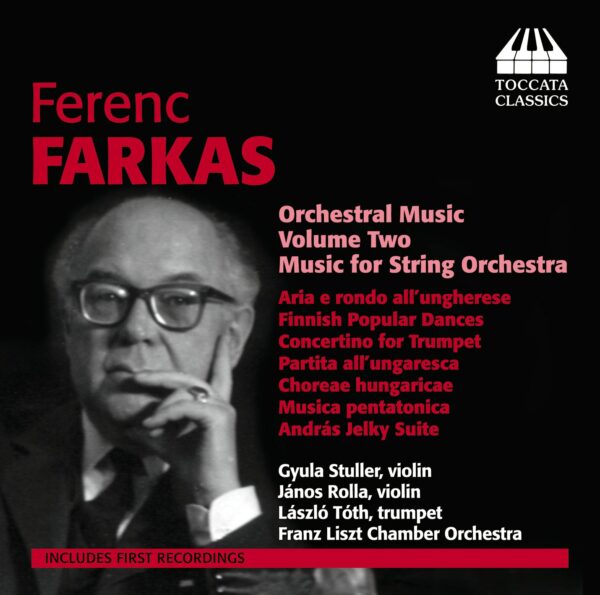
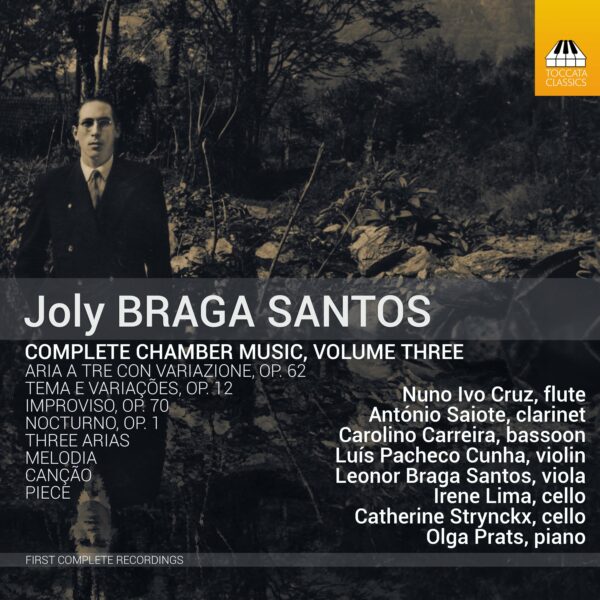
MusicWeb International :
‘…Olga Prats again brings her expertise and deep knowledge of Lopes-Graça’s music to a strongly committed reading of the masterly and often deeply moving piano quintet Canto de Amor e de Morte. She is superbly partnered by the Lopes-Graça Quarteto which comes into its own in the substantial First String Quartet and in Suite Rústica No.1 which they deliver with aplomb and commitment. Another asset is to be found in the detailed and well informed insert notes well up to the standards one has come to expect from this brave and enterprising label.’
—Hubert Culot, MusicWeb International
Fanfare Magazine :
‘…As with Shostakovich, the angst of Lopes-Graça’s personal situation bled into the music he composed, and it is interesting to hear the results of a time when he suffered most––from memory, none of the other recent releases cover music from this specific period. …[The String Quartet No. 1:] This is as strong a piece as any string quartet of its time, and in fact won the Prince Rainier competition in 1965, giving the composer and the work timely international recognition. In the same year, Lopes-Graça wrote the Second Suite Rústica for string quartet, which is more closely linked to traditional Portuguese folk-music sources. Bartók is clearly an influence here. Like the numbered quartet, the suite is supremely well written for the instruments. …the disc should be heard by 20th-century-music lovers: It introduces three of the most personally significant works of a strong, individual voice.’
—Phillip Scott, Fanfare Magazine, November/December 2014
Gustavo de Brito Aranha Sanches Infante :
I remember watching a video, not that long ago, featuring the Quarteto Lopes-Graça (QLG) in which one of the players – I cannot remember which one, although I know it was one of the ladies – said that one usually needs time to learn to appreciate Lopes-Graça’s music. I do agree. As I grew up listening to his music, I will most certainly be biased: he is definitely on my Top 5 list of composers as far as the 2nd half of the 20th century is concerned. These new recordings were indeed eagerly awaited. Canto de Amor e de Morte is beautifully played, rough and sweet as Lopes-Graça’s personality. (by the way, Toccata should record the version for orchestra of the same piece, from 1962, and premiered precisely 50 years ago, in 17 May 1964) Both String Quartet no. 1 and Suíte Rústica no. 2 had been recorded before by the Tátrai Quartet (TQ). TQ’s interpretation of String Quartet no. 1 seems to accentuate what is commonly known as ‘dissonance’ even more than QLG. Interestingly, I clearly find a Bartokian flavour in TQ’s rendition of the 4th movement, Giocoso, which gains a more distinctive Portuguese character in QLS’s interpretation. While I like both interpretations of String Quartet no. 1 equally, this new recording of Suíte Rústica no. 2 is my favourite underlying, again, both the lyrical and the “rustic” that much of Lopes-Graça’s music contains. Finally, a congratulatory word of appreciation to Toccata Classics, Olga Prats, and the Quarteto Lopes-Graça for this recording.